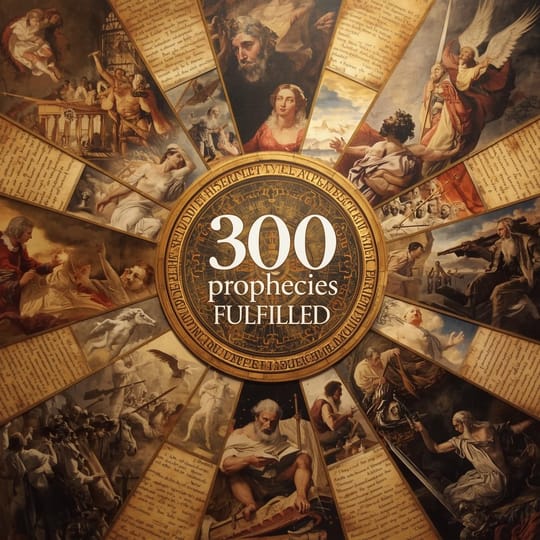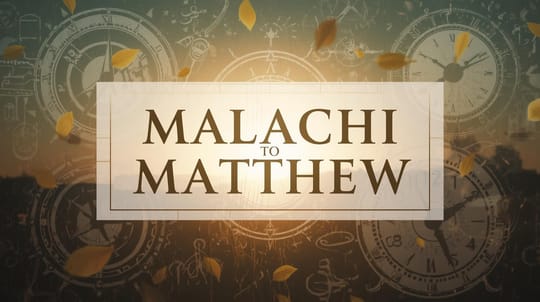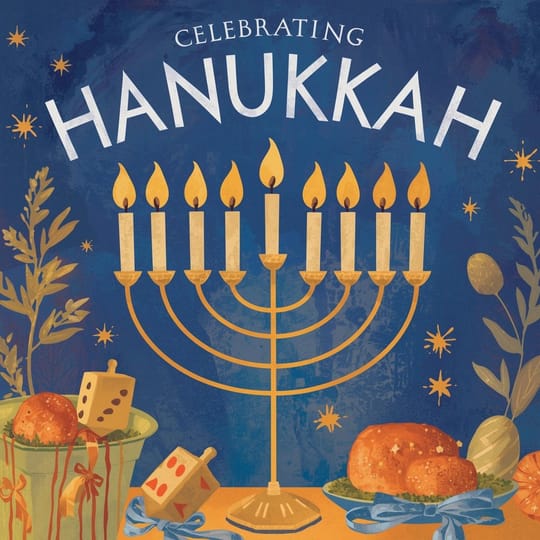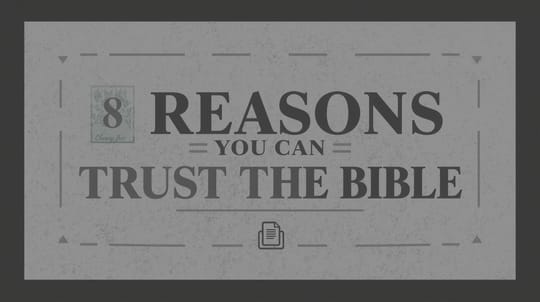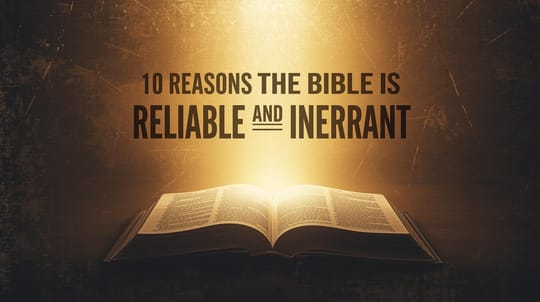Question: Should I worship on Saturday on Sunday?
Answer: You should worship the Lord every day. Short answer, this is not a defining doctrine and should not be something we divide over. Let’s talk about It.
Is the church wrong for worshiping on Sunday instead of Saturday? This question has sparked debate among Christians for centuries. While most Christians gather on Sunday, groups like the Seventh-day Adventists insist that Saturday—the seventh day—is the only biblically authorized day of worship. So what does the Bible really say? And how should we respond?
Let’s take a closer look.
What Do Seventh-Day Adventists Believe?
Seventh-day Adventists (SDAs) are a Protestant Christian denomination (sort of) that emerged in the 19th century. One of their core beliefs is that Saturday—the seventh day of the week—is the true biblical Sabbath, instituted by God in creation and reaffirmed in the Ten Commandments.
Here are a few key teachings from their perspective:
- Sabbath observance on Saturday is a command from God and a mark of obedience (Exodus 20:8-11).
- Sunday worship, in their view, is a human tradition that came through pagan influence and was solidified under Roman Emperor Constantine.
- They often connect Sabbath keeping with end-times prophecy, believing that the true remnant church will be those who worship on the seventh day.
- They reject the idea that the Sabbath commandment was abolished or fulfilled in Christ in such a way that it’s no longer binding.
While SDAs hold many orthodox Christian doctrines (e.g., salvation through Jesus), their Sabbath theology sharply separates them from the broader Christian church.
Debunking the Argument from a Scriptural and Christian Worldview
As sincere as these beliefs may be, Scripture does not require Christians to observe Saturday as the only valid day of worship. Here’s a biblical framework for understanding why:
1. Jesus Fulfilled the Law
Jesus did not abolish the Law but fulfilled it (Matthew 5:17). The Sabbath, like the other ceremonial aspects of the Law, pointed to the rest believers would one day have in Christ (see Hebrews 4:1-11). Jesus is our true Sabbath rest.
2.The Early Church Worshiped on Sunday
From the very beginning, Christians gathered on the first day of the week (Sunday) to celebrate Jesus’ resurrection:
- “On the first day of the week we came together to break bread…” (Acts 20:7)
- “Now concerning the collection… on the first day of every week…” (1 Corinthians 16:2)
- Revelation 1:10 refers to “the Lord’s Day”, widely understood as Sunday.
This was not a rejection of the Sabbath but a shift in focus from creation to new creation in Christ.
3. The Sabbath Was a Shadow, Christ Is the Substance
Paul addresses this in Colossians 2:16-17:
“Therefore let no one pass judgment on you in questions of food and drink, or with regard to a festival or a new moon or a Sabbath. These are a shadow of the things to come, but the substance belongs to Christ.”
In Romans 14:5, Paul adds:
“One person considers one day more sacred than another; another considers every day alike. Each of them should be fully convinced in their own mind.”
These passages affirm Christian liberty in matters of days of worship.
How to Talk About This with Grace and Truth
Conversations about the Sabbath can be tense, especially when it’s tied to someone’s identity or religious heritage. Here’s how to approach it:
1. Start with Common Ground
Acknowledge the shared love for God’s Word and desire to honor Him. That builds trust.
2. Ask Questions, Don’t Just Debate
- “What led you to believe the Sabbath must be kept on Saturday?”
- “What does the Sabbath mean to you personally?”
These questions can lead to fruitful discussion.
3. Gently Present the Gospel
Point to Christ as the fulfillment of the Law. Emphasize that salvation is not dependent on the day we worship but the One we worship.
What Should We Do?
1. Be confident in worshiping on Sunday.
There is no biblical command that Christians must worship on Saturday. Sunday worship is rooted in the resurrection and early church practice.
2. Don’t major in the minors.
Avoid letting this become a source of division among believers. This is a secondary issue, not a gospel issue.
3. Use it as a discipleship moment.
This can be a great opportunity to teach others about biblical theology, the Old and New Covenants, and the freedom we have in Christ.
4. Rest in Christ, not just on a calendar day.
The true goal of Sabbath was resting in God’s provision, which we now have through Jesus.
Bottom Line
Whether you worship on Saturday, Sunday, or even Wednesday night, the most important question is this: Are you trusting in Jesus Christ for your rest and salvation?
Worship isn’t about checking off a command—it’s about celebrating the risen Lord who gives us eternal rest.
Further Study:
- Hebrews 4:1–11 – Jesus as our Sabbath rest
- Colossians 2:16–17 – Freedom from Sabbath judgment
- Acts 20:7; 1 Corinthians 16:2 – Early church Sunday gatherings
- “Sunday: The History of the Day of Worship in the Christian Church” by Willy Rordorf
- “From Sabbath to Lord’s Day” by D.A. Carson




